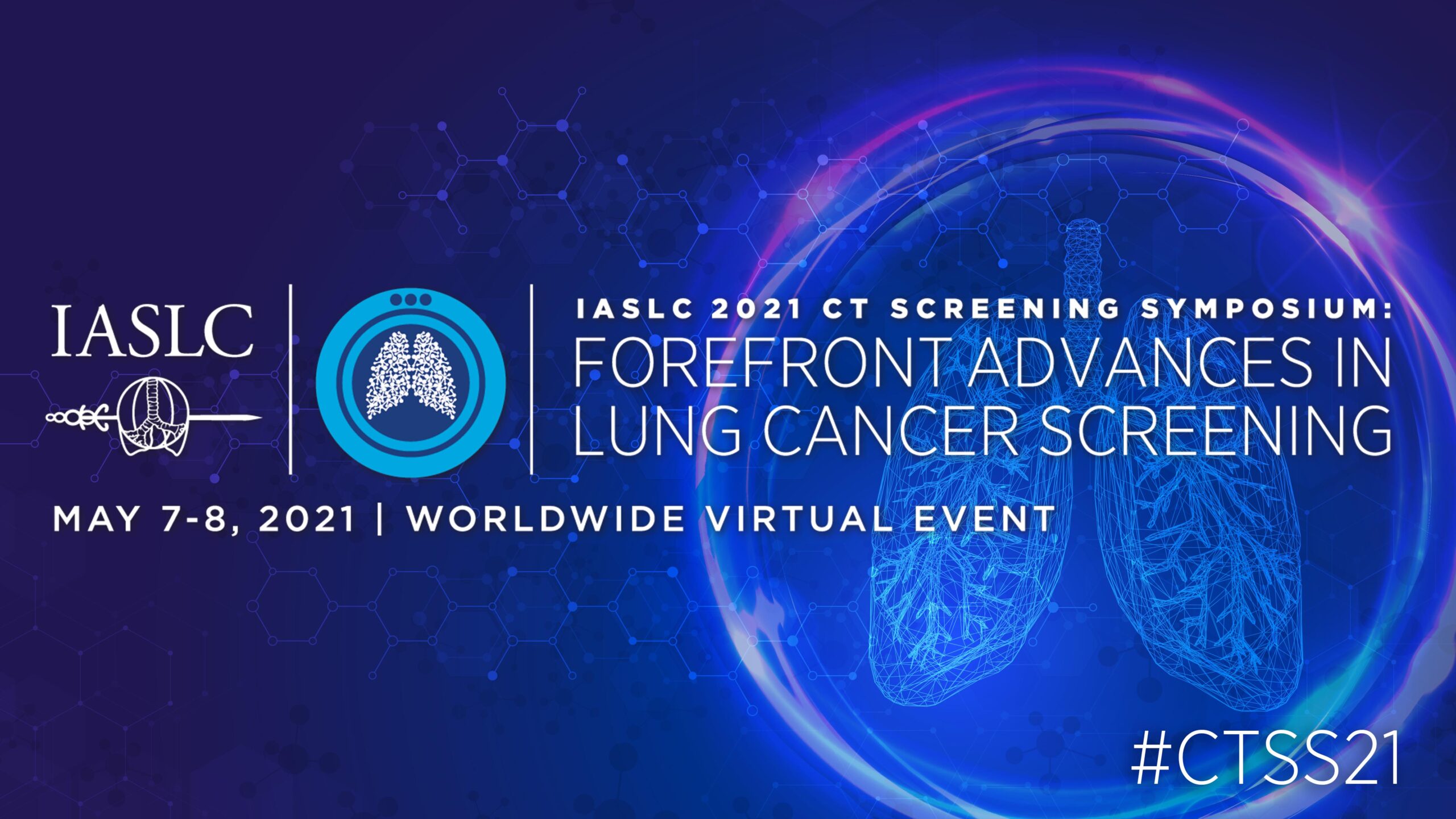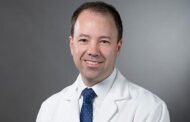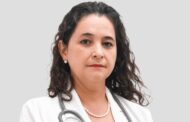Now that the positive impact of lung cancer screening on mortality and morbidity is irrefutable, there is an obvious need to find new ways to overcome consistent challenges with implementation of screening programs. It is difficult for just a single center to define and maintain logistical standards, track and improve return rates, and implement emerging quality measures. Through its National Network of Screening Centers of Excellence, the GO2 Foundation for Lung Cancer aims to make these tasks easier for centers across a vast region, enabling academic and community centers in urban and rural areas alike to bring high-quality lung cancer screening to the communities that they service.
Consisting of approximately 800 centers across 45 states and the District of Columbia, the network has been growing continuously since its founding in 2012. Working with the Centers for Medicare & Medicaid Services (CMS) and using ACR Lung Cancer Screening designation, which addresses factors such as image acquisition and equipment standards, the network ensures that anyone who has a lung cancer that is diagnosed through the screening process has a clear pathway to a multidisciplinary team of specialists with expertise in lung cancer.
“We want to make sure that there’s a full team that can address that patient’s case,” said Angela Criswell, associate director of Quality Screening and Program Initiatives at the GO2 Foundation for Lung Cancer. “In some cases it may mean that patients are referred to specialists in-house; in other cases, it may mean that the center has a clear referral path out to have a case reviewed and recommendations made.”
The network also provides participants with information regarding integration of comprehensive cessation services into screening programs, whether the services are provided by an in-house counselor, a community partner, or a combination of both. Cessation services also may include online or self-help services and pharmacotherapy.
By the Numbers
Participation in the network is free, but participating centers are asked to complete an annual survey so that the GO2 Foundation for Lung Cancer can track screening and diagnosis rates, as well as data of special interest each year, such as the impact of COVID on each participating center. According to Ms. Criswell, the idea is to have longitudinal data for each center and for the network as a whole to show how screening implementation has evolved across the United States.
“One of the things that we do with our data survey is give the participants an individualized dashboard that compares their numbers against aggregate data from across the network from that year. We are still looking just at screening rates and diagnosis data, but there are certain quality measures that are emerging that we want to integrate moving forward,” Ms. Criswell told the CT Screening Symposium News.
In general, network participants are seeing upticks in adherence and earlier-stage diagnoses. For 2019, 423 of the 749 participating centers completed the survey. They reported 125,190 patients screened, with a 34% increase in patient volume. Of those who reported lung cancer diagnoses data, 1,988 lung cancers were diagnosed, which was 1.6% of individuals who were screened. Of those, 51% were diagnosed with stage I disease.
Nearly 30% of survey respondents had what would be considered the highest rates of annual adherence, which is 76% and above. However, 60% of the respondents reported that they had improved rates of adherence over the year before.
“Although adherence is still a challenge for centers nationwide, there was a big increase in the rate of stage-I diagnoses, especially for those individuals who have annual screenings,” Ms. Criswell said. “It’s exactly what we want to see in terms of even more new patients being diagnosed at an early stage because they have come back for the successive repeat annuals.”
Ms. Criswell’s CT Screening Symposium presentation will provide information about possible reasons for individual centers’ improvements, and she will discuss the current efforts that the GO2 Foundation for Lung Cancer is making to integrate Veteran Association (VA) Centers into the network. The foundation also will be authoring an abstract for the 2021 World Conference on Lung Cancer specifically regarding the impact of COVID-19 on network participants nationwide.





